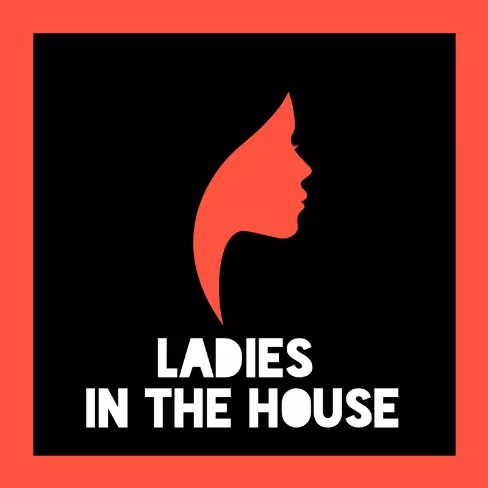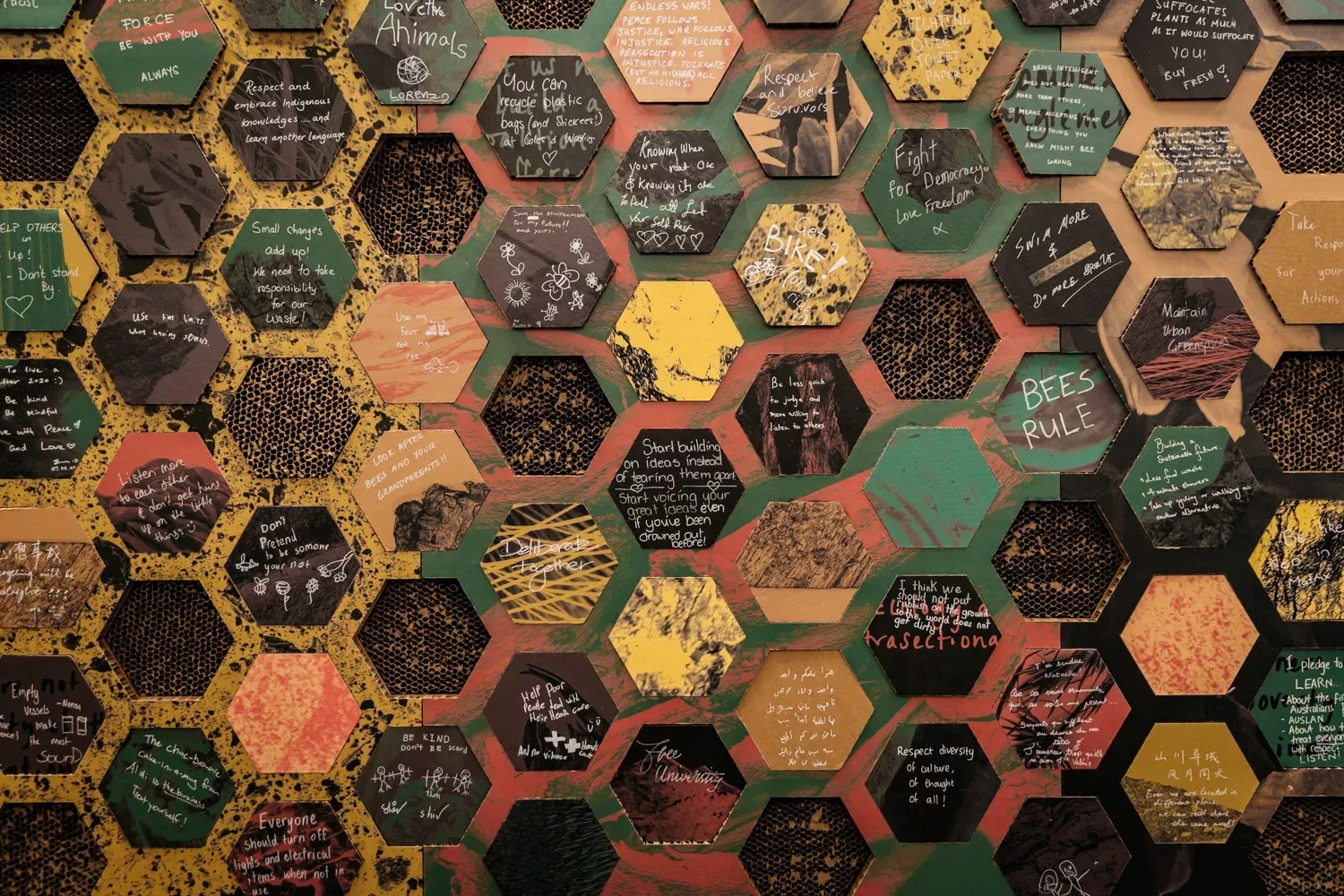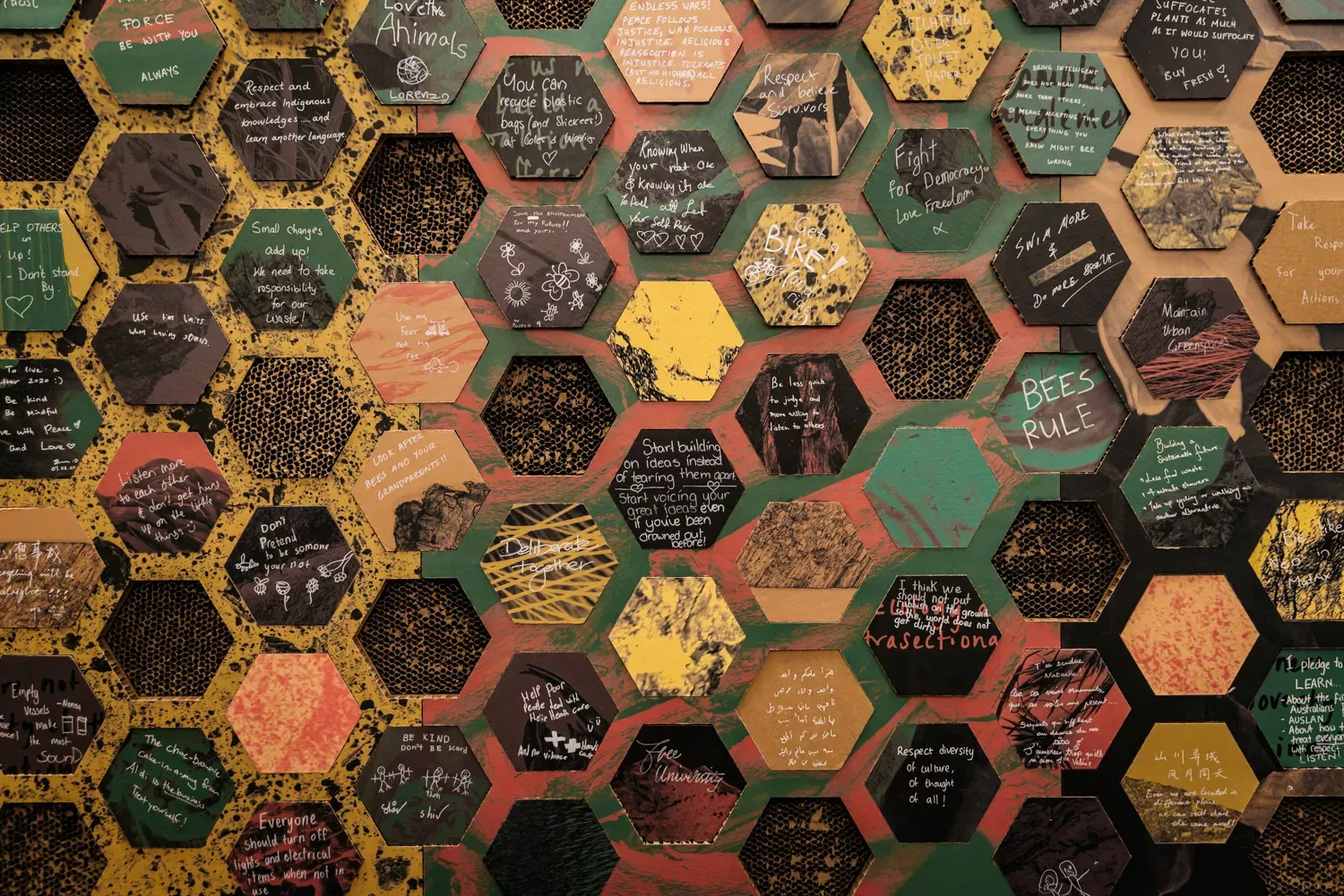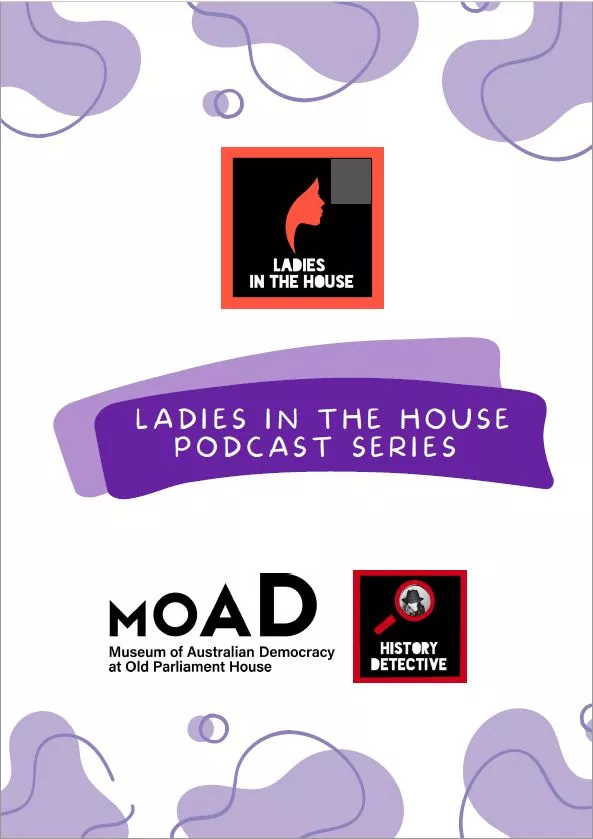Ladies in the House: Episode Joan Child
Intro (music)
Hi, this is Kelly Chase and you are listening to Season 3 of a Museum of Australian Democracy and History Detective Collaboration: Ladies in the House. In this 4-part series we are going to celebrate the lives of four incredible women and how they contributed to Australian democracy.
Today we are going to meet the remarkable Joan Child, who was not only the first female Australian Labor Party member in the House of Representatives in 1974, but she was also the first woman to become Speaker in the House of Representatives.
But what exactly is a Speaker? A Speaker is someone who is chosen by the government to run all of the meetings in the House of Reps. They are chosen in a secret vote by all of the elected members of the House of Representatives, and usually the nominated Speaker is someone who has had considerable experience in the government.
The Speaker’s job is to make sure that all of the politicians obey the rules and follow the correct procedures when parliament is sitting. Also, their role is to participate in ceremonial occasions and they have the important job of hosting foreign heads of state who visit. The Speaker also has to do a great deal of administrative work, assigning offices to Members of Parliament, as well as dealing with things like staffing and budgeting. If you look at a picture of the House of Representatives, the Speaker sits in chair on a big wooden platform at the front and centre of the chamber in front of Prime Minister.
Joan Child also had the honour of being the last Speaker to work in Old Parliament House and the first one to occupy the new Parliament House building, and she was very adamant that she much preferred the warmth and cosiness of Old Parliament House- the building that is now the Museum of Australian Democracy. She took her role very seriously and was well respected in this important position.
Now let’s find out how Joan Child, our trailblazing Labor Member of Parliament, came to be in this historic position of the first female Speaker in Australian History.
Joan Child, had a humble start to life. When she was very young, her parents divorced and her single mother struggled to pay for her education. However, she worked very hard and managed to win a full scholarship to a private school. She left school at 15 to work as a receptionist and ended up meeting her husband, who served in the Australian Air Force During World War II. After the war, Joan and her husband had 5 children- all boys. Then in 1964, tragedy struck, her husband died of a heart attack, leaving her with 5 children to support ranging in ages from 7 to 17. The war widow’s pension was certainly not enough for her to raise 5 boys, so she worked in all manner of jobs to try and keep her family afloat. One of those jobs was in a knitting factory that employed many immigrants. She experienced firsthand the exploitation and unfair work practices that female factory workers in the 1960s had to endure. The factory managers even tried to time the toilet breaks of the workers and she encouraged the workers to protest these unfair rules.
The unfortunate loss of her husband, actually helped her to gain a lot more independence and she was able to become more politically active in her local community. She started working for the Labor Party in her local electorate, which at the time was a safe Liberal seat. During this time, she also engaged in a lot of community outreach programs, working with disabled and elderly members of the community. After 10 years of community work, she eventually managed turn the safe Liberal seat, into a Labor seat and in 1974, this was when she became the first women elected into the House of Representatives for the Australian Labor Party.
As a politician, she drew on her experiences as a hard-working single mother which influenced her policies. She strongly believed in protecting vulnerable members of the community such as single mothers, pensioners and low-income families. She was quoted as saying, “the tremendous gap between the haves and the have-nots of society is increasing and it is frightening.” And further explained, “The wealth of a country is not measured by the number of backyard swimming pools, skyscrapers or massive overseas contracts. It is measured: by the amount of care and compassion that we extend to our deprived citizens.”
In 2013, at the age of 91 Joan Child passed away and was honoured in Melbourne, with a State Funeral.
Call to action (music)
What I would like you to think about today is who might the more vulnerable members of your community be, and what things could be done to create a more inclusive society?
This is Kelly Chase, on the case.
Before I go, if you are a teacher and would like a free lesson plan for this episode or any of the Ladies in the House season one, two or three episodes, you can head to the Classroom Resources page on the Museum of Australian Democracy website to download the lesson plan. Lessons include pre-listening vocabulary, reflection questions, a call to action activity and the transcript. You’ll find a link to the page in the show notes.
See you next time!







